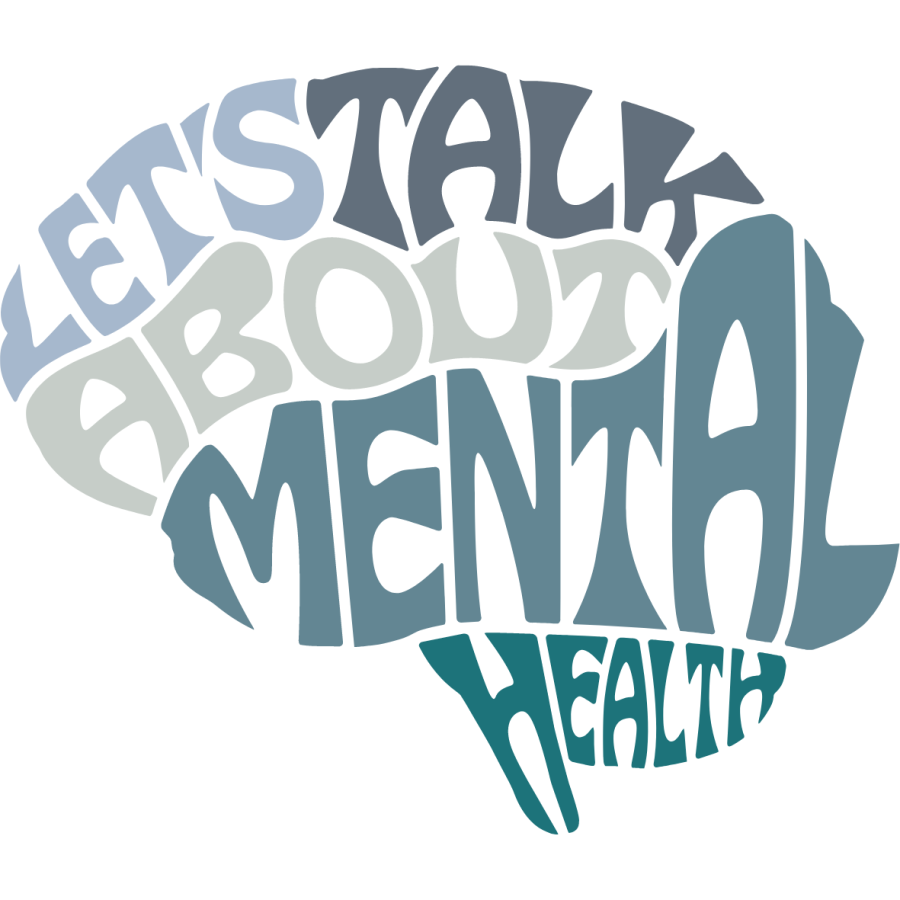The Un-Stigmatization of Mental Health
The terms “maniac”, “psychotic”, and “crazy” are virtually household terms within contemporary society and are examples of the stigma common towards those suffering from mental illness or substance abuse. Aside from blatantly derogatory language, this stigma comes in many forms, including trivializing these issues by denoting them as less significant than strictly physical issues, or blaming sufferers for bringing their complications onto themselves, which is prominent with substance abuse disorders. Not only are all above assumptions incorrect, but they manifest feelings of shame, guilt, and social isolation, which prevent people from seeking recovery and feeling comfortable in society.
In order to prevent feelings of shame, ensure ideal conditions for recovery, and achieve full societal potential, there should be a national effort to destigmatize mental illness, such as through increased support services and education of the public.
The public stigma and criminalization of mental illness creates feelings of shame and embarrassment which prevent sufferers from coming forward and acknowledging they have a problem, resulting in repression of these negative emotions to appear more socially acceptable. However, Johns Hopkins Medicine writes that concealing these challenging emotions, although made invisible on the surface, do not disappear unless they are brought to light and directly addressed.
Public stigma, such as the language or perceptions of “insanity” that are applied to sufferers of mental illness has direct effects on feelings of shame, but also fosters internalized stigma, which refers to a person’s absorption of negative stereotypes in the belief that they define them. Particularly, this public stigma is seen through the public’s tendency to believe that those with mental illness are dangerous, or similarly those suffering from substance abuse disorders are guilty of bringing their problems upon themselves.
Any Drapalski, Ph.d, states that internalized stigma developed from persistent exposure to the public stigma is directly linked to severe depression, social avoidance, and overall worsening psychiatric symptoms. This isolates those suffering from these disorders, discouraging them, naturally creating feelings of loneliness, and worsening their overall condition.
Along with this, the immense amount of people left untreated prevents society from reaching its full economic and productive potential, leading to a national loss. As an example, in 2013, out of the 28 million people who needed psychiatric treatment, only 1/10 received it. The American Psychiatric Association stated that these untreated disorders led to an estimated $417 billion in annual costs related to lost productivity, crime, and health care, indicating that mental health stigma and the delay of treatment affects those both with and without mental illness on a societal level.
Although labelling those with mental illness as “dangerous” and keeping away from them is harmful and contributes to public stigma, it is important to note that those with certain mental illnesses, such as ASPD, BPD, and schizophrenia to name a few, can experience violent outbursts, causing inevitable danger to those around them. Therefore, I would recommend those with loved ones experiences these issues to protect their safety before anyone else’s, which sometimes means separating from the loved one.
However, this separation should be accompanied by getting outside help for the sufferer immediately and continuing to support them even if they are not physically near them. Violent symptoms are serious, and are difficult for all parties, but they do not simply disappear if we just resolve to shutting these people out, as isolation only worsens symptoms.
In order to reduce this tendency to isolate and blame those with mental illness, there should be a national effort to destigmatize mental illness and encourage recovery, including widespread access to it. Specifically, this can be done through further research into the subject and spreading this research in schools and other educational facilities to foster this understanding from a young age. Moreover, increased peer support services, and greater funding into mental health facilities are necessary to make treatment easily accessible and affordable to a wide range of people, eliminating factors obstructing the road to recovery.





